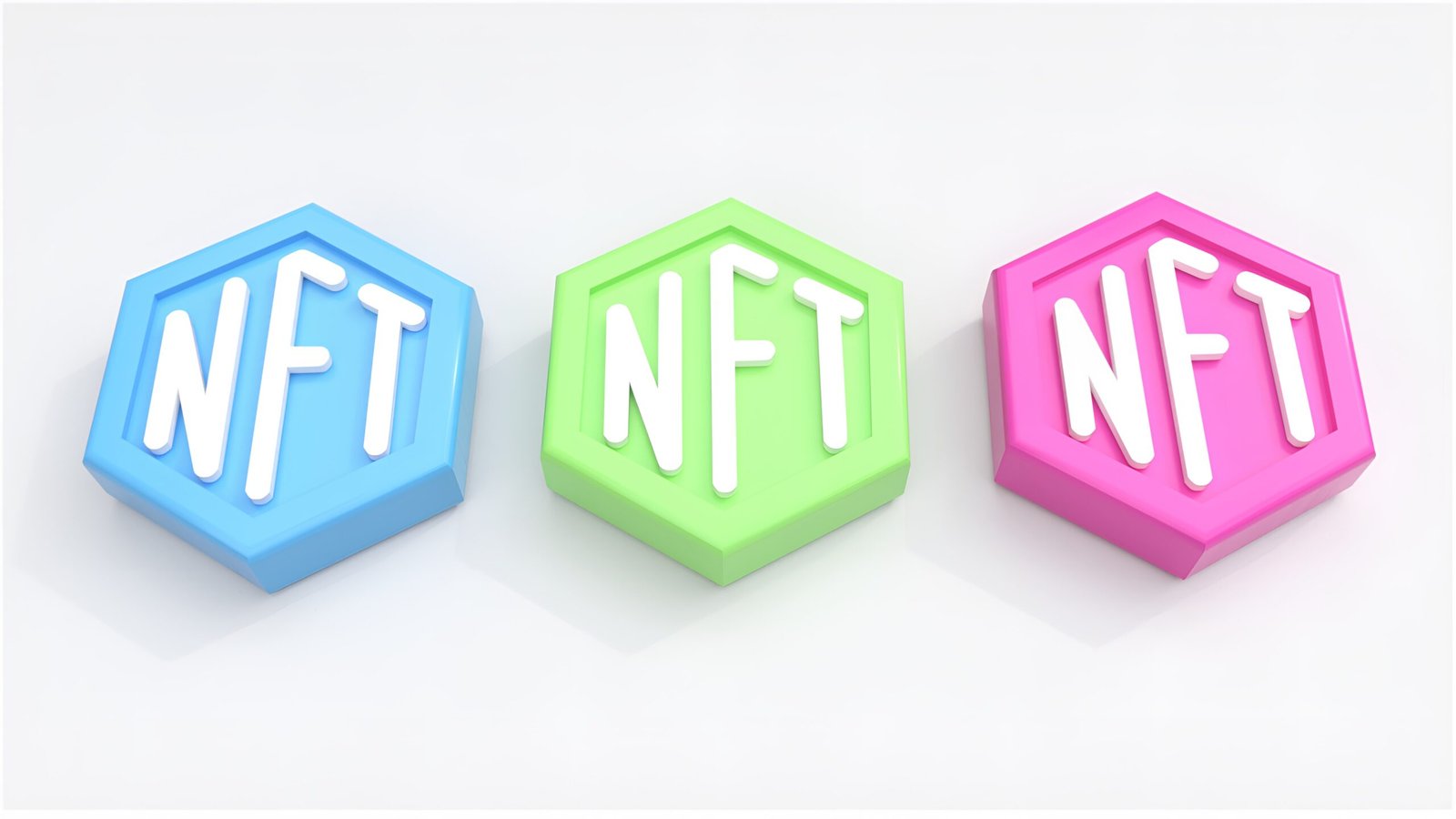Introduction
Options trading is a popular investment strategy that allows traders to profit from market movements without directly owning the underlying assets. However, understanding the various factors that influence options pricing and risk management is crucial for successful trading. The options Greeks, including Delta, Gamma, Theta, Vega, and Rho, play a significant role in evaluating and managing options positions. In this article, we will explore each of these Greeks, their significance in options trading, and how they can be utilized to make informed decisions in the financial markets.
Delta: The Measure of Sensitivity
Delta, the first options Greek, measures the sensitivity of an option’s price to changes in the price of the underlying asset. It represents the rate of change of an option’s price relative to the underlying asset’s price movement. Delta ranges from -1 to +1 for put and call options, respectively. Understanding Delta is crucial as it helps traders determine the likelihood of an option expiring in-the-money or out-of-the-money. A Delta of 0.50 indicates that the option price will move approximately half as much as the underlying asset’s price. This knowledge is valuable for risk assessment and selecting appropriate strategies based on market expectations.
Gamma: The Accelerator
Gamma measures the rate of change in an option’s Delta in response to changes in the underlying asset’s price. It highlights the sensitivity of Delta itself. When an option has a high Gamma, it means that Delta can change rapidly, making the option more responsive to price movements in the underlying asset. Gamma is particularly important for traders who employ strategies that involve frequent adjustments or hedging to manage risk dynamically.
Theta: The Time Decay Factor
Theta measures the rate at which an option’s value declines over time as it approaches its expiration date. It quantifies the impact of time decay on the option price. Theta is usually negative, as options lose value as time passes. This decay accelerates as the expiration date approaches. Traders need to consider Theta when holding options positions for an extended period, as the erosion of time value can erode potential profits. Understanding Theta helps traders decide on suitable trading strategies, such as options writing or spreads, depending on their time horizon and market expectations.
Vega: The Volatility Indicator
Vega measures the sensitivity of an option’s price to changes in implied volatility. Implied volatility reflects the market’s expectation of future price fluctuations. When Vega is high, it suggests that the option’s price is sensitive to changes in volatility. Traders should be aware of Vega’s impact, as higher volatility often leads to increased option prices. Vega is essential for traders who anticipate significant volatility changes or wish to hedge their positions against adverse market conditions.
Rho: The Interest Rate Greek
Rho measures the sensitivity of an option’s price to changes in interest rates. It quantifies the impact of interest rate fluctuations on the option’s value. For example, if interest rates rise, call options may become more attractive, leading to an increase in their prices. Conversely, falling interest rates may decrease the value of call options. Rho is particularly relevant when considering long-term options or trading in markets influenced by interest rate changes, such as currencies or bonds.
Conclusion
Understanding the options Greeks, including Delta, Gamma, Theta, Vega, and Rho, is crucial for successful options trading. These Greeks provide valuable insights into how options prices are affected by changes in various factors like the underlying asset’s price, time decay, volatility, and interest rates. By analyzing and interpreting the Greeks, traders can make informed decisions regarding their options positions, develop effective trading strategies, and manage risk more effectively. Incorporating the Greeks into options trading practices allows for a deeper understanding of the dynamics of the options market and enhances the probability of successful outcomes for traders.




